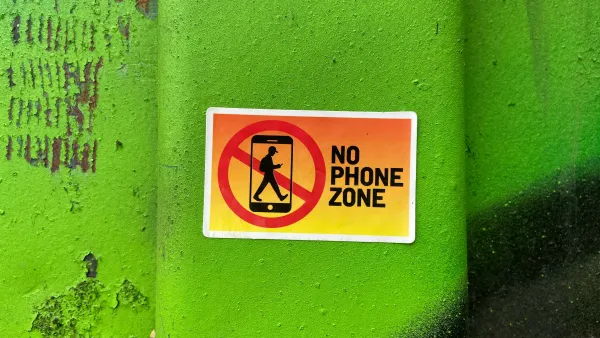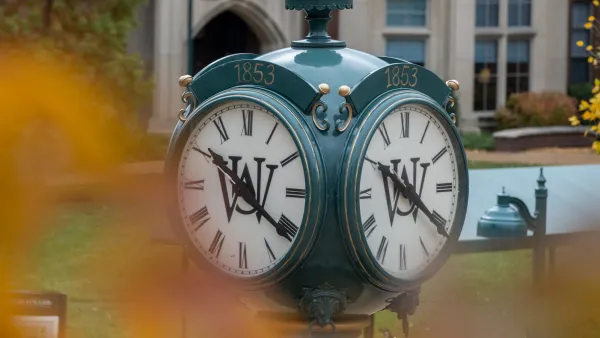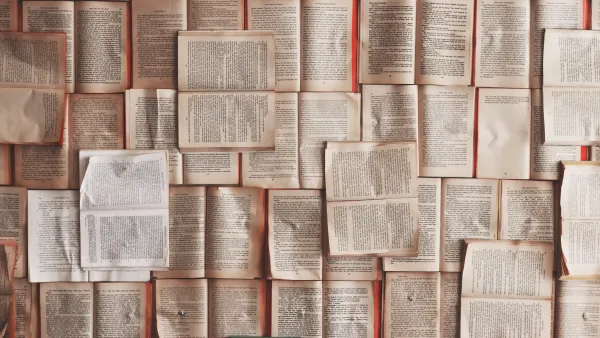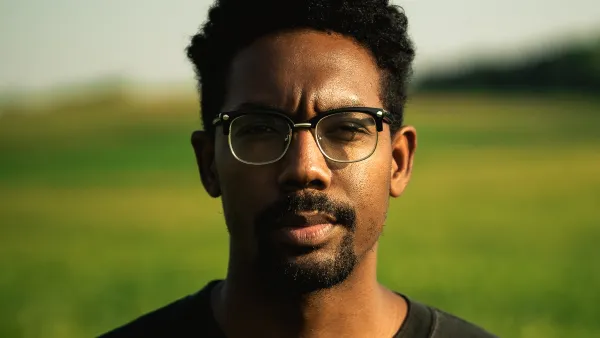Francisco Tijerina is a Graduate Student Fellow in the Center for the Humanities. He is a PhD candidate in Hispanic studies with a certificate in women, gender, and sexuality studies and a poet.
The climate crisis is also a crisis of the imagination.
— Amitav Ghosh, The Great Derangement: Climate Change and the Unthinkable
I deleted TikTok not long ago. At first, it helped me go through a series of new events in my life: moving to the U.S., starting a PhD and learning how to do those things while we went through a global pandemic. Social media became a window to the world, and Tik Tok, a way of discovering it. But I went from one screen to another incessantly. Doomscrolling became my go-to when I woke up, when I wanted to unwind, when I thought I did not have enough time to do anything else — read a short story, write a poem, think about an assignment, send an email. This method of escapism situated in the immediate reward had become an intrinsic part of my day, and it was affecting my capacity to relate to the world. With that realization, I deleted the app.
In her book Immediacy or, The Style of Too Late Capitalism, Anna Kornbluh criticizes today’s approach to art as a mere object that has to be quickly engulfed, allowing space for the next piece to be produced and subsequently digested. Far from establishing that there are not positive outcomes of the usage of certain tools, I think that my story calls back to a sense of responsibility in our modes of consumption. The way I engaged with TikTok highlights other practices marked by our current times: an era of hyperproduction and hyperconsumption that continues to accelerate the ongoing climate disaster.

I hadn’t noticed how much certain aspects of my research spoke about my own life. Time has been a recurrent element in the pieces I engage with as part of a larger project on the literary representation of the effects that mining has on bodies, but I hadn’t perceived a connection with my own practices. I do not practice mining directly, but I am certainly — as we all are — benefited by this industry, as many of the things I use daily need mined components to exist. So, what can I do?
By thinking about time — and more particularly, deep time, the approach to time that understands our life as a microscopic event in the life of the Earth and cosmos — I am left with a radical sense of responsibility not only to my fellow humans but also to those with whom we share our worlds. Even the smallest object of consumption hides, sometimes purposefully, histories of the many elements that compose it. Echoing Marcia Bjornerud:
an attitude of timefulness could transform our relationships with nature, our fellow humans, and ourselves. Recognizing that our personal and cultural stories have always been embedded in larger, longer — and still elapsing — Earth stories might save us from environmental hubris.
Although I do not have TikTok anymore, I must be wary of replacing that consumption with others. Today, I try to dedicate more time not only to reading and writing but to thinking about my communities. Being present is the antidote to this era of doomscrolling. To step away from the logic of overconsumption and to nurture through connectivity might be the only way to save our shared planet.
Headline image by Magenta via Unsplash




